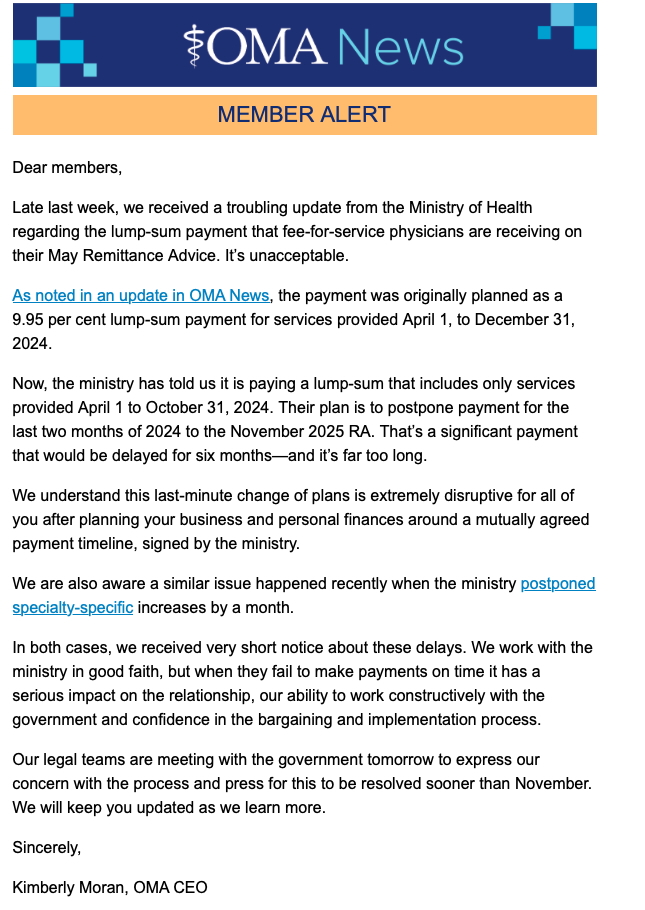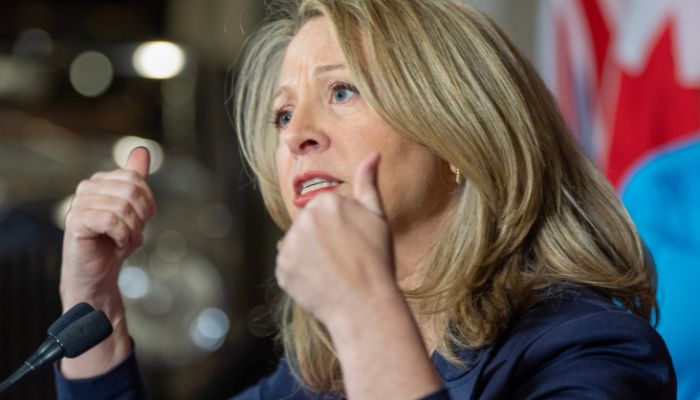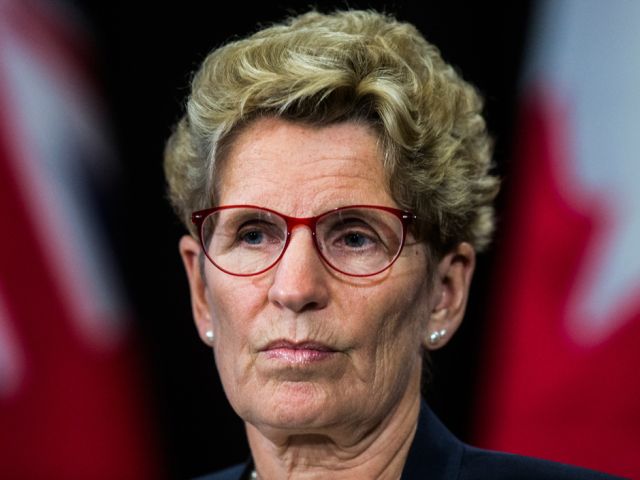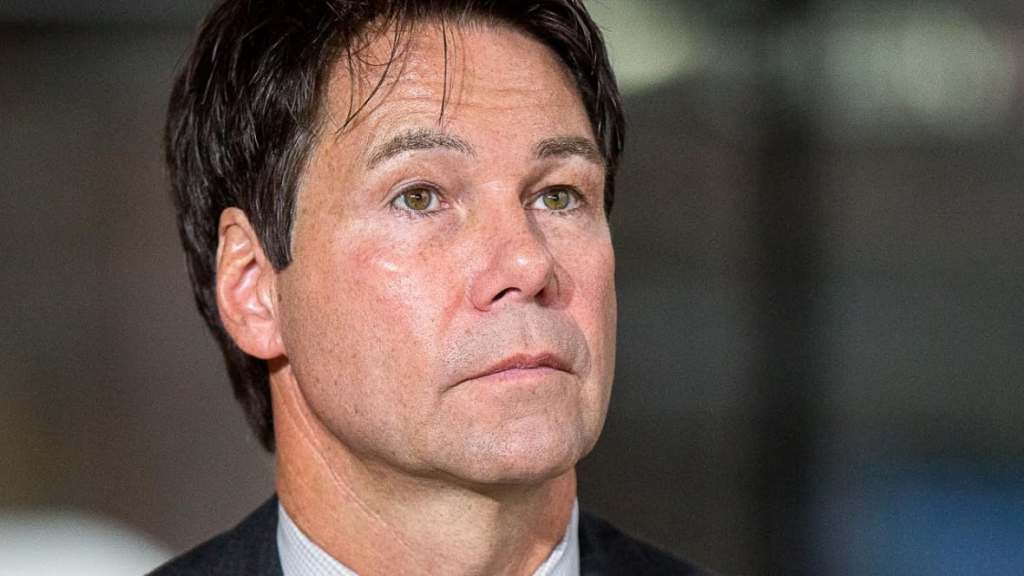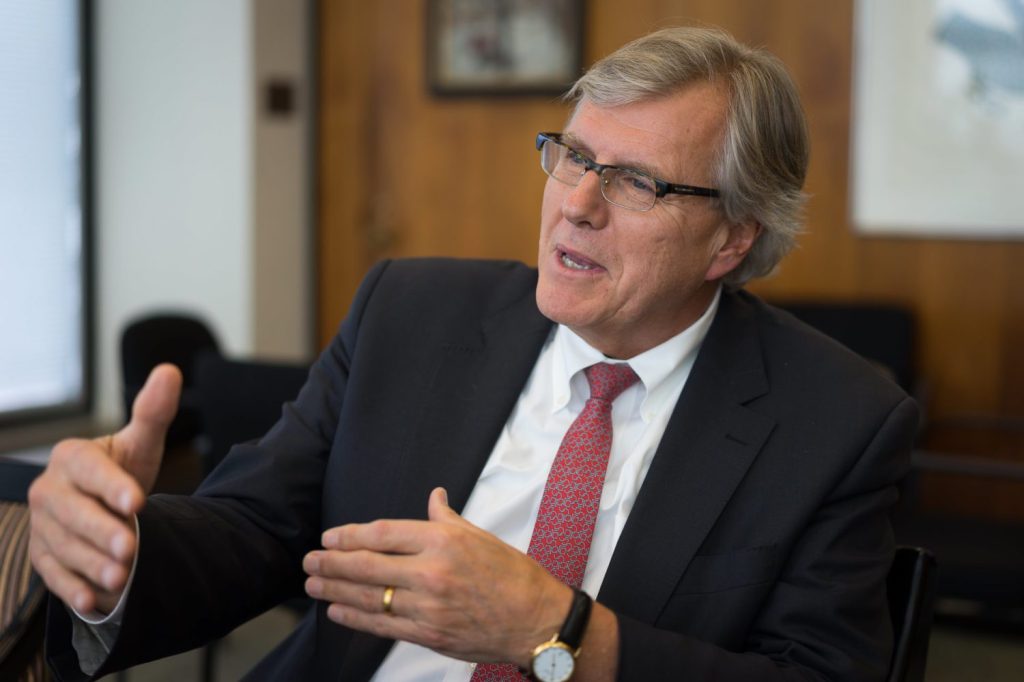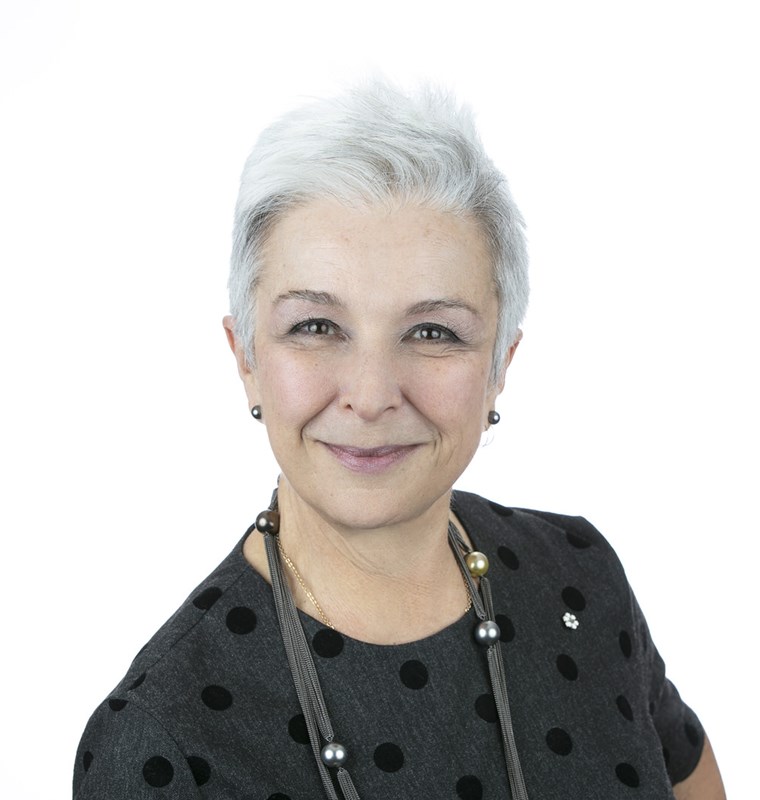As I write this, it appears that once again, the Ontario Ministry of Health (MOH) and the Ontario Medical Association (OMA) have been unable to agree on a contract for physicians. We are again heading for Arbitration on June 30, with hearings all next week. A slim chance exists that a last minute deal will be struck – but I highly doubt it.

Up until now of course, the negotiations have been held under a strict cone of silence. There is no public knowledge of what has really been said between the two sides. But Arbitration in Ontario is public. The MoH and the OMA will have to publicly disclose what they are asking the Arbitrator to award.
Some Things to Remember:
These arbitration hearings are a continuation of last years hearings. Last year the Arbitrator only set an award for the total dollar amount to be given to physicians for the FIRST YEAR of a four year contract. This year’s hearings were originally slated for March of this year, but the Arbitrator delayed them until June. He wrote:
“The issues discussed have been far-ranging and include various implementation matters, the allocation of the Year 1 targeted funding, and complex and significant physician compensation issues for Years 2, 3 and 4.”
and:
“…the Board of Arbitration is now directing that the arbitration proceedings over any remaining Year 1 targeted allocation issues, and over physician compensation and all other issues for Years 2, 3 and 4, now take place over four days during the week of June 30. ”
These hearings will be a lot more complex than last years, and will have a lot of moving parts. Not only will the Arbitrator decide on how much of an increase will be allotted to physicians in years 2-4, but he will decide on how the targeted funds are distributed. Remember that 30% of the year one Award (approx $480 Million) was to be “targeted” for areas of health system need. Because of the malignant obstinacy of the MOH’s negotiations Team, the OMA and MOH have not arrived at an agreement on how to distribute these funds. So now the Arbitrator will rule on that.
Not only that, but there is the issue of how much of an increase each specialty should get. There was general agreement between the MOH and OMA the last couple of times that 25% of any increase would be given to across the board raises for all members, and the remaining 75% would go to relativity based increases. But the two sides have never really agreed on how the 75% would be split between various specialties. Reading the statement from the Arbitrator makes it sound like he will decide that too this time. (Of course now that I write this there probably will be yet another process announced after this which will mean more negotiation and arbitration).
Last year by my very rough count, the OMA and MOH submitted over 1,400 pages of documents (ironically called “briefs”) just to determine what percentage increase should be given to physicians. I can’t imagine how big the “briefs” will be this time. I won’t be able to go through them without gouging my eyes out but I do know what we should be looking for.
Has the Ministry of Health’s Team Smartened Up?
Look, both sides are going to “posture” for the Arbitrator. As part of that, the MOH will significantly undervalue physicians and offer a pittance. We should expect that and NOT get all worked up about it.



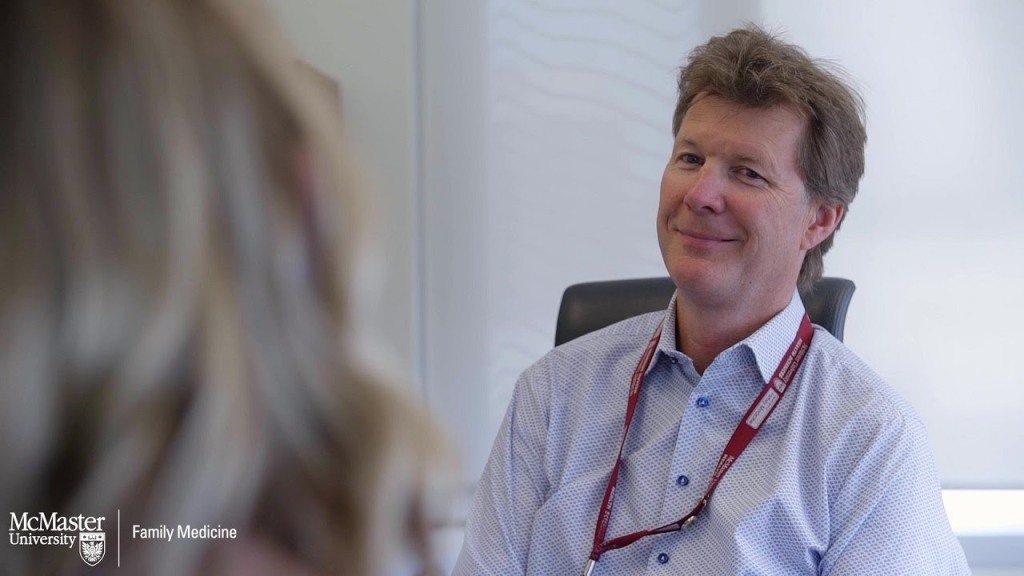
Unless…..
Last time, the MOH team went far beyond posturing. They showed nothing but contempt for physicians and an utter and complete lack of understanding of how health care works in Ontario. The MOH teams statement that there was “no concern” about a shortage of comprehensive care family physicians while the media was full of pictures of people lined up for hours for the mere hope of getting a family doctor, set a new bar for stupid government statements. The fact that they lied to the Arbitrator saying there was no crisis in family medicine until being forced to release documents proving otherwise made me wonder if a Court Jester was their spokesperson.

It will also be telling when reviewing the MOH briefs exactly where they feel health care is most lacking in Ontario. Do they propose more investments in family medicine? How much for each specialty? In the last couple of negotiations the MOH has tried to alter the Family Health Organization (FHO) contracts on how family doctors are paid. What changes do they propose this time?
Finally – it will be VERY telling how the MOH wants to spend the $480 million in targeted funds. Will they try to skirt paying physicians for it? For example, will they propose to pay certain physicians to hire an allied health care practitioner, saying “well it will reduce your workload”, all the while demanding copies of proof you are paying that person in triplicate? Or some such thing.
I appreciate the above may sound far fetched, but the MOH Team has proved itself to be so incompetent and borderline vengeful that a scenario like that wouldn’t surprise me in the least.
What About the OMA Briefs?
In comparison, the OMA’s job is relatively easy. They simply have to advocate for increases that will make each of their many sections 100% satisfied and not complain……

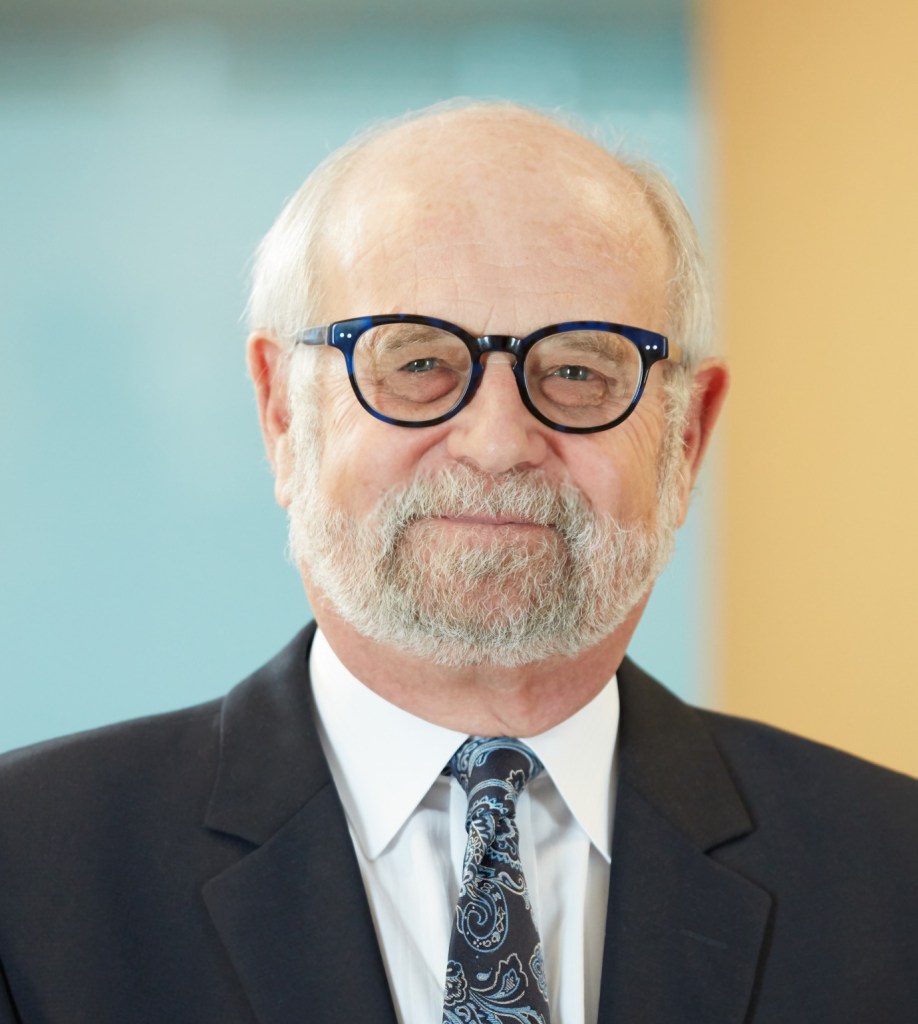

In all seriousness, OMA briefs will also tell the profession a lot. I imagine each of the sections of the OMA will pour through the documents and send information to their members. But in short order we should all see how much of an increase the OMA has concluded each specialty warrants, and how the OMA plans to handle the perpetually thorny issue of relativity.
Additionally, the OMA has repeatedly point out that we have a shortage of comprehensive care family doctors. They’ve used the word crisis more than once to describe this. So as a family doctor, I am eager to see what changes they propose to the FHO model as well.
Most importantly, will the OMA be aggressive in defending its members? These last couple of months had seen absolutely unacceptable unilateral decisions by OHIP, delaying payments to physicians and making mistakes on their remittance . The OHIP bureaucrats blame their old outdated computers. Of course, when they plan to recoup the 9.95% they overpaid for the preventive care bonuses this past month – the OHIP computers magically managed to figure out how to get the money back immediately.
Will the OMA finally demand in their Arbitration briefs some sort of penalty for OHIP screwing up? Remember, the fee changes as a result of this contract are to come into effect on April 1, 2026. Given the Arbitrator likely won’t hand down a ruling until the fall, there is no way OHIP will get their act together in time without……..encouragement. Penalties/Interest for delayed payments should absolutely be demanded by the OMA.
All in all, next week, physicians will learn just how both the OMA and MOH feel about them. Buckle up folks……












